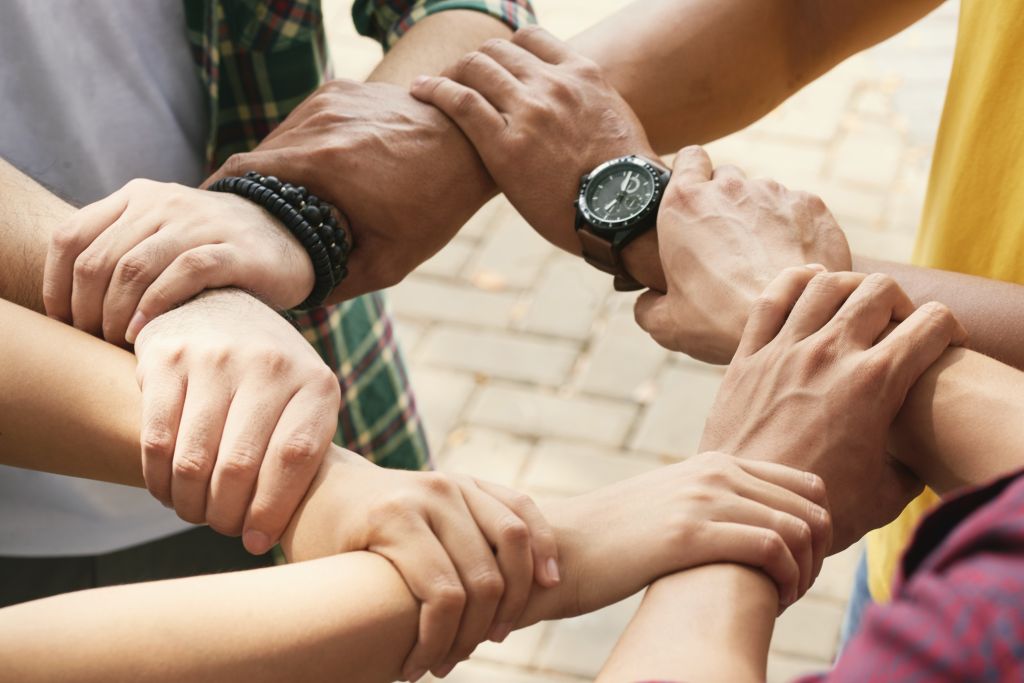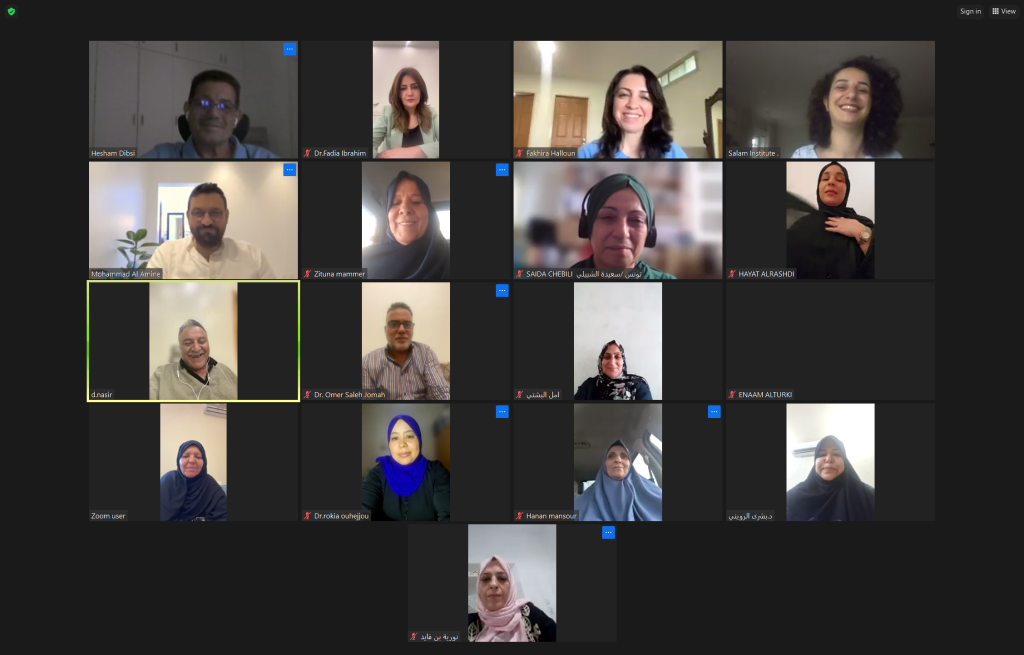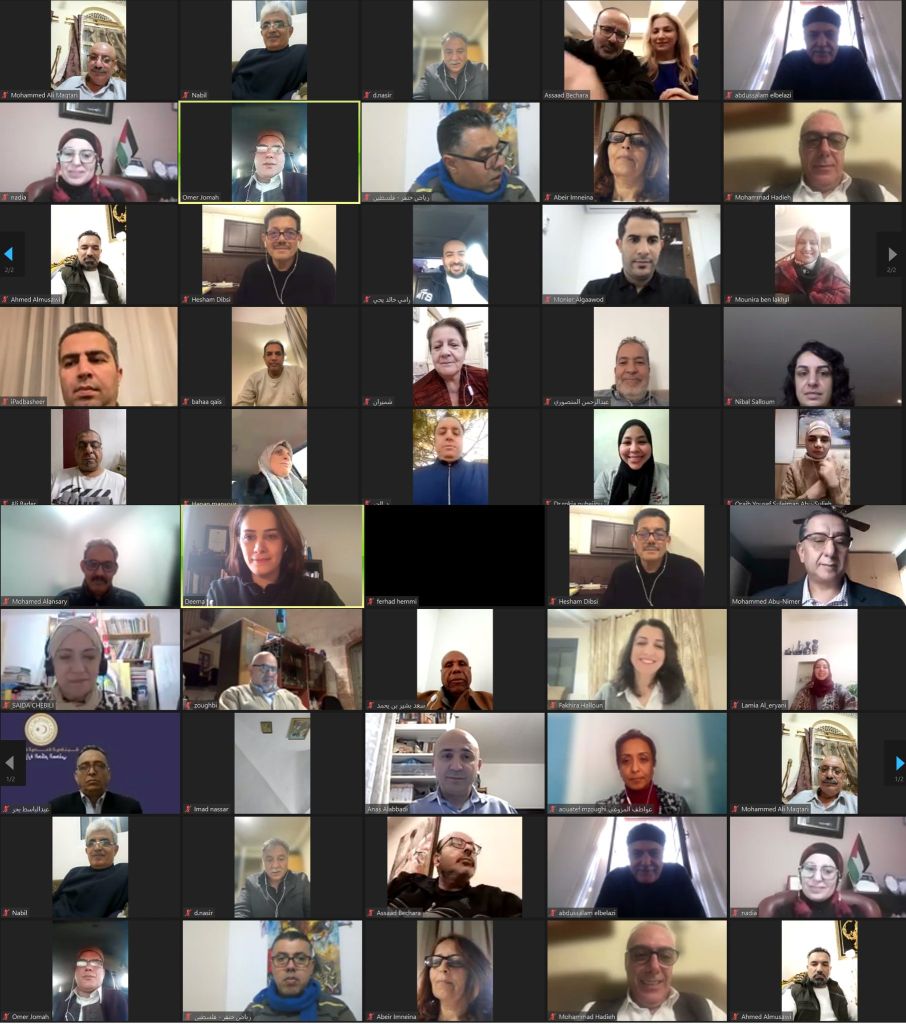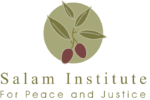
At Salam Institute, our journey began in 2008 with a crucial objective in mind: to generate knowledge on forgiveness in the Arab region. Back then, the field lacked systematic research and empirical data on this topic. However, we were determined to change that. Our research project took us on a path of exploration and discovery. We conducted 690 surveys among Arab teachers in six societies, seeking to understand their perceptions of forgiveness. Additionally, we conducted 93 qualitative interviews, delving into the reasoning behind forgiveness. Through our efforts, we collected 83 real-life stories and cases of forgiveness from various regions in the Arab world. Moreover, we developed the first Arabic instrument to measure willingness to forgive, adapting existing measures for this purpose. Our commitment went beyond research; we implemented a forgiveness training program to evaluate its impact and effectiveness on teachers and students. In schools for Palestinians in Israel and Jordan, we conducted pre and post-tests to assess the outcomes. Along this journey, we achieved remarkable outcomes and produced valuable products. We published 13 peer-reviewed articles and book chapters on forgiveness and reconciliation in the Arab region. We also created two teacher training manuals specifically tailored for Arab educators in primary and secondary schools. Additionally, we conducted numerous training workshops for teachers in Arab schools across Jordan, Lebanon, Iraq, Egypt, Palestine, and Palestinians in Israel, training over 300 educators on how to introduce forgiveness within their educational environments. Furthermore, we organized several regional conferences, bringing together experts and sharing forgiveness cases from around the world, including the USA and South Africa. Our efforts culminated in two noteworthy conferences, a Regional Conference on Forgiveness in the Education System in December 2011, and an International Conference on Forgiveness in February 2015. Through these events, we were able to create a platform for meaningful discussions and the exchange of inspiring forgiveness stories. Our journey continues, and we are proud of the strides we have made in advancing the understanding and practice of forgiveness and reconciliation in the Arab region. We believe that by fostering dialogue, promoting research, and raising public awareness, we can build a more harmonious and compassionate society.
The Role of Women in Reconciliation and Forgiveness Processes in the Arab Region

“When women are in leadership positions, they bring depth and resilience that transforms policymaking in their communities. Their voices are not just important; they are essential for sustainable peace.” – Dr. Fadia Ibrahim
The Salam Institute for Peace and Justice, in collaboration with the Regional Network of Reconciliation and Forgiveness in the Arab Region and RASED Jordan, was honored to host a powerful webinar featuring Dr. Fadia Ibrahim. The session focused on “The Role of Women in Reconciliation and Forgiveness Processes in the Arab Region.”
Dr. Ibrahim led a thought-provoking discussion on the pivotal role women play in peacebuilding, highlighting both their significant achievements and the barriers they continue to encounter. The conversation underscored the critical need for inclusive spaces where women’s voices are heard and valued in decision-making roles.
This webinar served as a platform for sharing stories, experiences, and insights that reaffirm the essential contributions of women in building sustainable peace. As we reflect on the rich dialogue, we remain dedicated to advancing women’s leadership and amplifying their impact in reconciliation and forgiveness initiatives across the region.
Exploring Reconciliation and Forgiveness in Conflict Resolution with Professor Mohammed Abu-Nimer

On behalf of the members of the Regional Network for Reconciliation and Forgiveness in the Arab World and RASED Jordan, the Salam Institute for Peace and Justice proudly hosted an insightful webinar led by Professor Mohammed Abu-Nimer, President of the Salam Institute for Peace & Justice. The session delved into the fundamental concepts of reconciliation and forgiveness and their pivotal role in conflict resolution during times of war.
As part of an ongoing series aimed at deepening our collective understanding, this webinar focused on the critical conditions necessary for achieving genuine reconciliation. Professor Abu-Nimer emphasized the significance of tolerance, forgiveness, and dialogue as essential elements in healing divided communities and fostering sustainable peace, even in the most challenging situations.
Participants engaged in rich discussions, exploring practical applications and reflecting on real-world experiences from various regions. The interactive dialogue not only enhanced our grasp of these essential concepts but also opened the floor to innovative ideas on how to apply them effectively in the context of protracted conflicts.
We extend our heartfelt thanks to all who attended and contributed to this thought-provoking session. Your insights continue to shape our shared journey toward peace and justice. Stay connected as we continue to host more conversations that drive meaningful change across the region.
